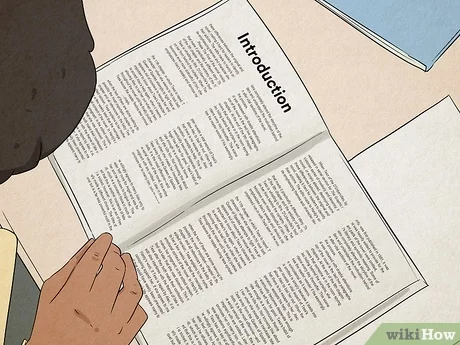The newly revised Class VI National Council of Educational Research and Training (NCERT) social science textbook introduces significant changes, reflecting a revised narrative of ancient Indian history and culture. One notable addition is the concept of “madhya rekha,” an ancient Indian prime meridian that predates the Greenwich meridian. This meridian traversed the city of Ujjain in Madhya Pradesh, which was a notable center for astronomy. The textbook states, “The Greenwich Meridian is not the first prime meridian. There were others in the past. In fact, many centuries before Europe, India had a prime meridian of its own! It was called madhya rekhā (or ‘middle line’) and passed through the city of Ujjayinī (today Ujjain), which was a reputed center for astronomy over many centuries. Varāhamihira, a famous astronomer, lived and worked there some 1,500 years ago. Indian astronomers were aware of the concepts of latitude and longitude, including the need for a zero or prime meridian. The Ujjayinī meridian became a reference for calculations in all Indian astronomical texts.”
In addition to this, the textbook has undergone several notable modifications:
1. Rebranding of the Harappan Civilization: The Harappan civilization is now referred to as the “Sindhu-Sarasvati” civilization. This change emphasizes the significance of the Sarasvati river, identifying it as the seasonal “Ghaggar” in India and “Hakra” in Pakistan.
2. Omission of Caste-Based Discrimination: References to caste-based discrimination have been omitted. Previously, the textbook addressed the categorization of people into varnas and the exclusion of Shudras and women from ritual participation and Vedic study. The new text does not include these details, instead mentioning various professions in Vedic texts without reference to caste.
3. Alterations to BR Ambedkar’s Experiences: The revised textbook also alters the representation of BR Ambedkar’s experiences with discrimination, although specific changes are not detailed in the provided summary.
4. Condensed Content: The new Class VI social science textbook combines what were previously separate history, geography, and civics books into a single, streamlined text titled “Exploring Society India and Beyond.” The focus is now on “big ideas,” integrating insights from various disciplines.
5. Abridged Coverage of Ancient Kingdoms: Detailed explorations of ancient Indian kingdoms have been substantially abridged. Four chapters from the previous textbook, which included content on the kingdoms of Ashoka and Chandragupta Maurya, the Gupta, Pallava, and Chalukya dynasties, and Kalidasa’s works, have been removed. King Ashoka is only mentioned once in a timeline.
6. Removed Chapters and Content: The chapter on “Villages, Towns, and Trade,” which discussed tools, coins, irrigation, crafts, and trade, has been significantly truncated. References to historical sites such as the iron pillar at Qutub Minar, the Sanchi Stupa, the monolithic temples of Mahabalipuram, and the Ajanta cave paintings have also been expunged.
The textbook rationalization initiated during Covid-19, initially characterized as temporary by NCERT, has led to these further revisions. Dinesh Saklani, director of NCERT, explains in the introductory chapter that the text has been streamlined to emphasize “big ideas,” aiming to integrate insights from various disciplines while condensing the content.






















